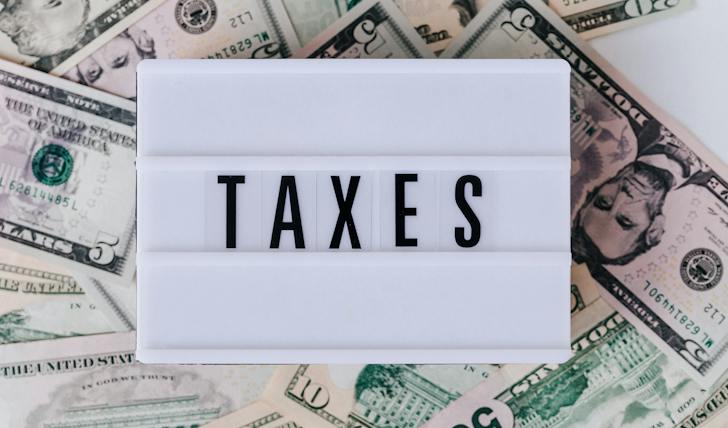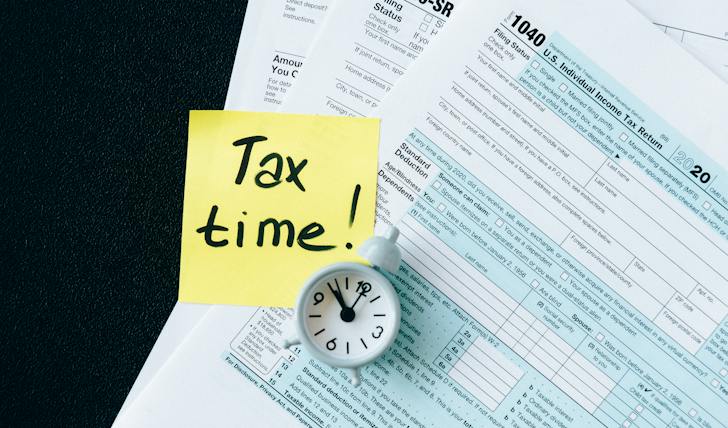As we welcome 2024, it is crucial to mark your calendars with key financial dates. Staying informed and prepared can help you manage your finances more effectively. Here is a rundown of the most important dates for the year, each presenting unique opportunities and obligations.
January 31: File Tax Returns
The year kicks off with an essential task: filing your tax returns. By January 31st, ensure that your tax returns are filed and any owed taxes are paid. This deadline is crucial to avoid penalties and interest charges.

If you are self-employed, a landlord, or have other income that is not taxed at source, this date is particularly significant. Use this time to review your finances and consider ways to maximize tax efficiency for the upcoming year.
March 3: Rail Fare Hike
For those who regularly commute by train, March 3rd is a day to note. Rail fares are set to increase, impacting your monthly commuting budget. It is a good time to review your travel expenses and explore alternatives or railcards that could save you money.
If public transport is a significant expense for you, this could also be the moment to consider other transportation options or remote working opportunities.
March 6: Spring Budget
The Spring Budget, announced on March 6th, is a key date for understanding the government’s financial plan and how it affects you. It includes updates on taxes, spending, and economic forecasts.
So, pay attention to changes that could impact your personal and business finances, such as adjustments in tax rates, allowances, or benefits.
April 1: Free Childcare for Two-Year-Olds
Starting April 1st, parents of two-year-olds can breathe a sigh of relief as free childcare rolls out. This initiative can significantly reduce your childcare expenses, giving you more financial flexibility.
It is an excellent opportunity to reassess your budget and potentially redirect funds toward savings or debt repayment.
April 5: End of the Tax Year
April 5th marks the end of the tax year. It is the deadline for utilizing your ISA (Individual Savings Account) allowance, pension contributions, and other tax-efficient savings opportunities.

Review your finances to ensure you have maximized these benefits. It is also a good time to start planning for the next tax year.
June: Rollout of King Charles III Banknotes
In June, keep an eye out for the new King Charles III banknotes. While this will not directly impact your finances, it is a historic change in currency.
Collectors may be interested in obtaining these as keepsakes. It is a gentle reminder to possibly check and exchange any old currency you may have lying around.
July 31: Second Payment on Account Deadline
For those who make payments on account to HMRC, July 31st is a crucial date. It is the deadline for your second payment. So, ensure you have budgeted for this to avoid interest and penalties.

This mid-year financial checkpoint is also a great time to review your earnings and adjust your budget if necessary.
September 1: Free Childcare Expanded Again
Another boon for parents comes on September 1st, with the expansion of free childcare. If your child becomes eligible, this could significantly reduce your childcare costs.
So, revisit your financial plan to account for this change, potentially allocating the saved funds towards other areas of your budget or savings goals.
October 16: Key Inflation Figures from September
October 16th will reveal key inflation figures from September. Inflation impacts the cost of living and can influence interest rates. This affects savings and loans.
Stay informed about these figures to understand how your purchasing power might change and to make informed decisions about savings, investments, and borrowing.




